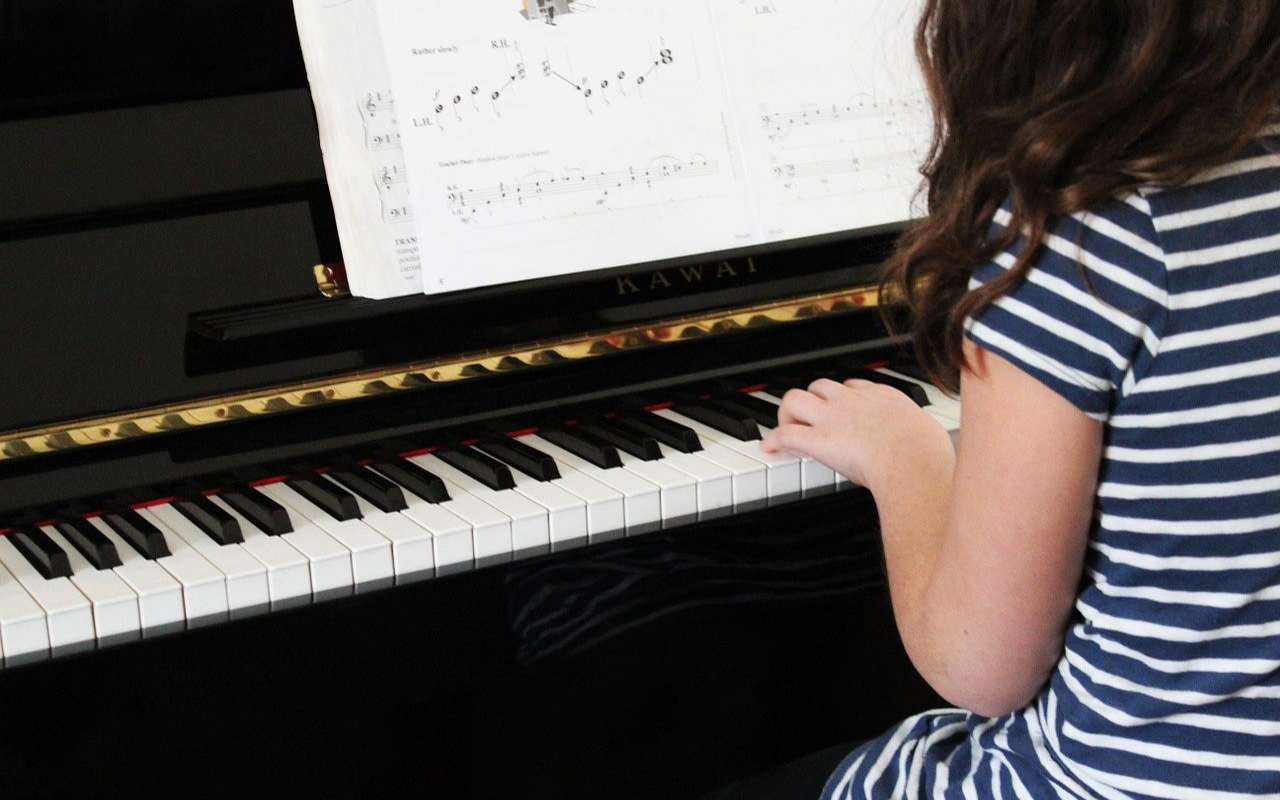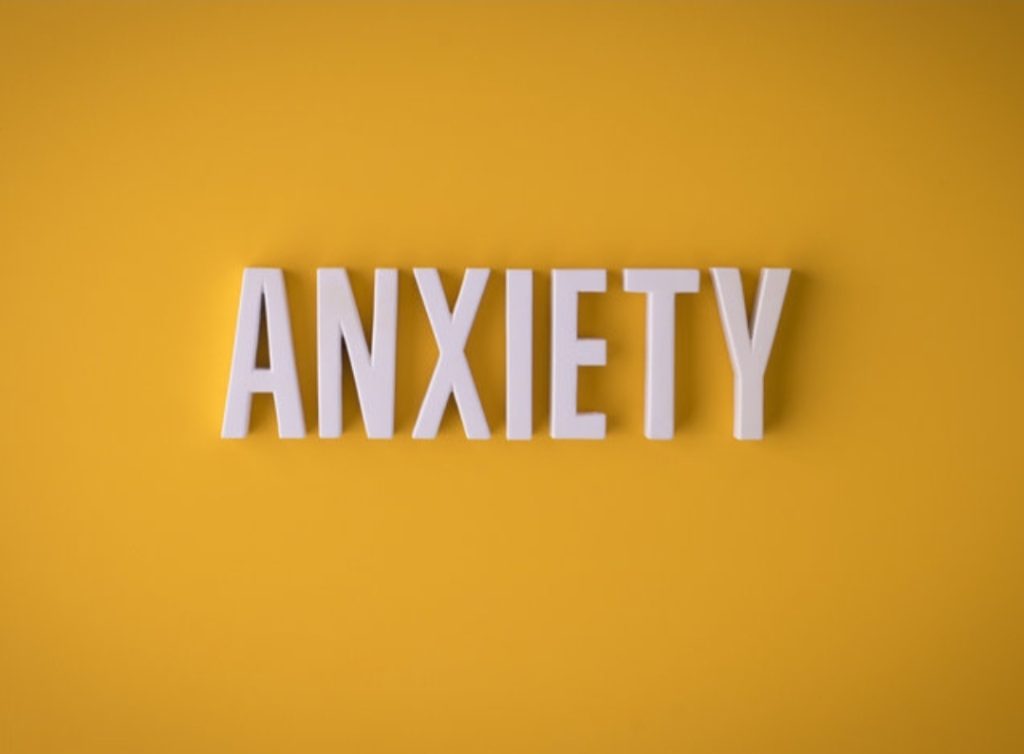Is music important in our schools? When examining the benefits of playing, enjoying, learning, and understanding what music gives to humans with a focus on growing minds, the answer appears to be a resounding YES!
We all know music when we hear it; we may not like or we may be head over heels in love with the sounds, but we certainly know what it is.
Music according to Study.Com “is a collection of coordinated sound or sounds. … Music is made of sounds, vibrations, and silent moments, and it doesn’t always have to be pleasant or pretty. It can be used to convey a whole range of experiences, environments, and emotions.”
But is music just fun? Is it important? It certainly can be lauded as an impressive industry; according to www.statista.com, “In 2020, the total revenue of the recorded music industry amounted to 23.1 billion U.S. dollars. Streaming made up 56 percent of this figure, bringing in 11.9 billion dollars globally.”
My friend Kathy’s grandson Will exhibits the best of what a music education can provide as he applauds his access to music education beginning when he was a child. “Music has always been a very important part of my life, from my first lessons on guitar in primary school, to picking up the oboe in fourth grade up until now, where I am studying oboe at Juilliard. This love for music has been nurtured by many along the way. My music teachers, both in and outside of school, my family, conductors of youth orchestras, and my fellow musicians have shaped me and will continue to as I develop my craft. I know that music will always be a part of me, and I am grateful to have had such access to it at a young age.”
The National Association for Music Education explains that the study of music aids in developing language and reasoning. Early music training will develop the portions of the brain related to language and reasoning. It also provides a mastery of memorization, which certainly is viewed as beneficial. As their website explains, “The left side of the brain is better developed with music, and songs can help imprint information on young minds.”
My friend Anne embraced a career as a talented high school English teacher who directed 13 musicals in my hometown high school. We got to know her well because my offspring appeared in a musical every year they could as teenagers. Anne explains, “Music education is incredibly beneficial to students of all ages. Music classes, one-on-one instruction, and the chance to participate in bands, concerts and musical theater all build discipline, teamwork, and a familiarity with and love of music that later enrich adult life and sustain people through hard times. Music is an avenue toward discovery of other eras and cultures and a universal language that brings students of varying backgrounds and talents together. Like sports, music often gives students an extra reason to stay in school, and there has long been a correlation between the discipline involved in learning and practicing music and the mental discipline required for academic work.”
Learning music increases a person’s coordination as one develops a range of motor skills in the midst of study and playing an instrument or singing. It also gives students a sense of pride and accomplishment when they become proficient enough to perform.
Setting aside time to practice and the feeling of a valuable performance or rendition gives children valuable lessons in discipline because it’s certainly true the way to get to Carnegie Hall is “practice, practice, practice” and this involves practical time management. Students learning music are developing their creative thinking as it encourages “thinking outside the box” as they engage in valuable teamwork.
Studies reveal consistent music education improves a child’s vocabulary and enhances reading comprehension skills. It also requires students to recognize and repeat pitch, tone, or enunciation of words.
To sum it up, “A music-rich experience for children of singing, listening and moving is really bringing a very serious benefit to children as they progress into more formal learning,” says Mary Luehrisen, Executive Director of the National Association of Music Merchants (NAMM) Foundation, a not-for-profit association that promotes the benefits of making music.
Her Nexx Chapter invites you to join our free Community where women from around the world are connecting with each other’s stories, exploring different experiences, and transforming ideas.
The Future of Connection for Women








0 Comments